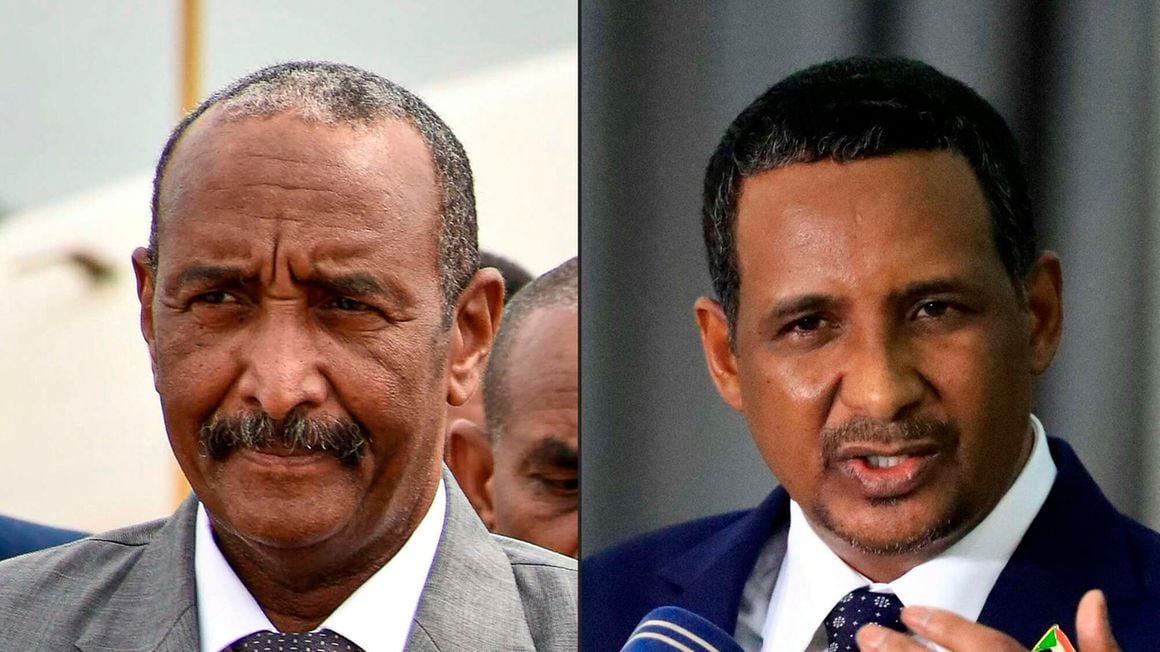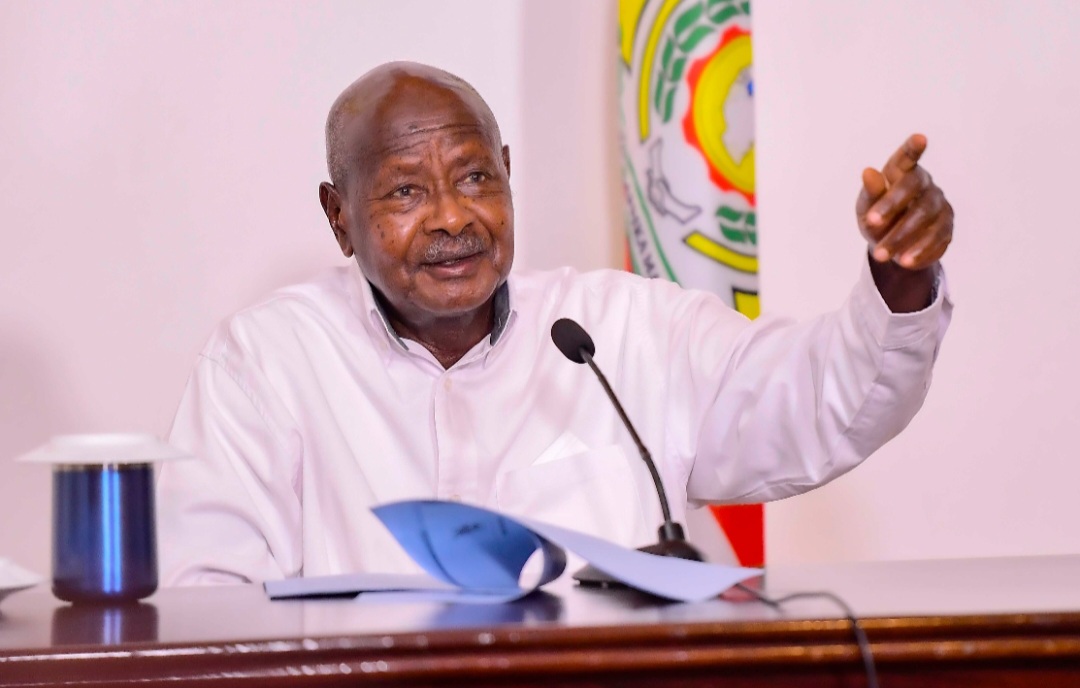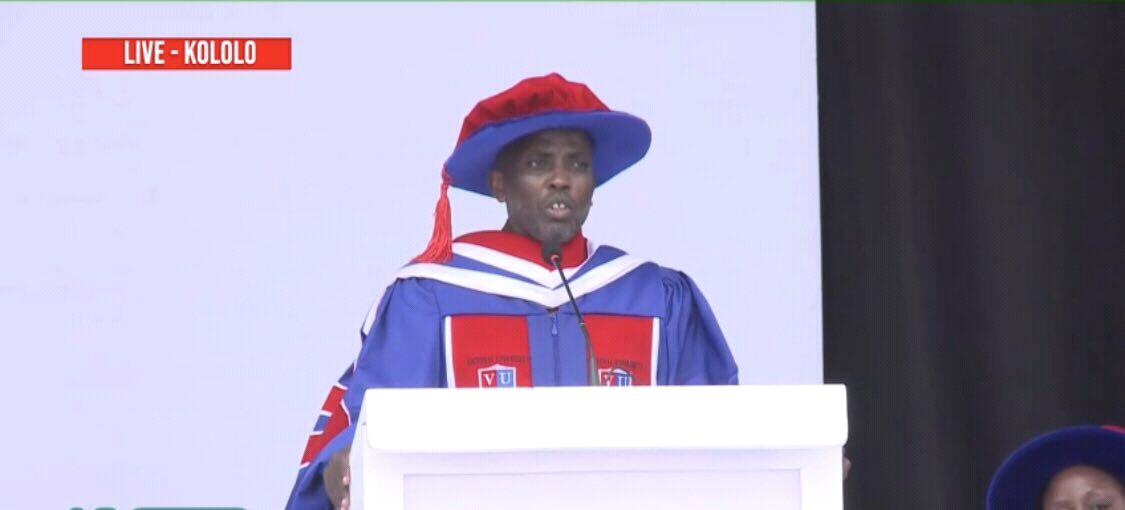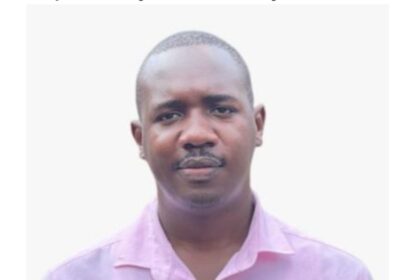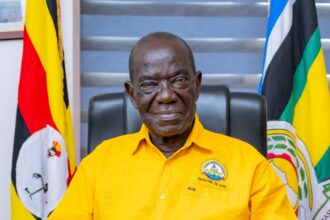In a dramatic turn of events, the Sudanese government has declared an unprecedented suspension of ties with the East African regional bloc, accusing it of orchestrating “a breach of Sudan’s sovereignty”.
The turmoil stems from the Intergovernmental Authority on Development (IGAD) extending an invitation to the powerful paramilitary leader, General Mohammed Hamdan Dagalo, to attend the upcoming 42nd IGAD summit in Kampala, Uganda.
The Sudanese Foreign Ministry, aligned with the army led by General Abdel-Fattah Burhan, issued a scathing statement, denouncing IGAD’s actions as a blatant violation of Sudan’s sovereignty.
The rift underscores the deep-seated tensions between the army and the Rapid Support Forces (RSF), commanded by General Dagalo, who have been engaged in a fierce struggle for control of Sudan since April.
The 42nd IGAD summit, set to unfold in the midst of this diplomatic storm, faces uncertainty as the Sudanese government’s decision sends shockwaves across the region.
IGAD, an eight-member bloc involved in mediating the conflict, has yet to respond to the Foreign Ministry’s allegations. General Dagalo, confirming his invitation on social media last week, remains at the center of the controversy.
“I received an invitation from the Secretariat of the Intergovernmental Authority on Development (IGAD) to attend and participate in the 42nd Assembly of the Extraordinary Session of the IGAD Heads of State and Governments on January 18 in Entebbe, Uganda,” Dagalo posted on X, formerly known as Twitter.
This development follows unsuccessful attempts at mediation by other international players, including Saudi Arabia and the United States, who facilitated indirect talks between the warring parties in early November. The army and RSF leaders, despite the ongoing conflict, have not met face-to-face.
In a series of events leading up to this diplomatic fallout, General Dagalo recently concluded a tour of Africa, engaging with government officials in Uganda, Djibouti, Ethiopia, Kenya, South Africa, and Rwanda.
Meanwhile, the RSF has displayed a seeming advantage in the conflict, making territorial advances eastward and northward across Sudan’s central belt over the past two months.
Amidst this geopolitical turmoil, the United Nations reports a grim toll of at least 12,000 lives lost in the conflict, with both sides facing accusations of war crimes.
As the IGAD summit looms on Thursday, the suspension of ties by Sudan adds a layer of complexity to the already intricate web of regional dynamics, leaving the fate of mediation efforts hanging in the balance.
Origins of Sudan’s Catastrophic Civil War
Sudan’s harrowing civil war is spiraling into a perilous new phase as conflict engulfs the heavily contested east, promising a surge in atrocities and mass displacement. The nation, already divided between the army in the east and the formidable RSF in the west, now faces an existential threat to its future.
As the RSF asserts dominance, overrunning eastern army bases, the stakes for Sudan’s 45 million citizens are monumental.
East African nations, notably Kenya and Djibouti, advocate for direct talks between the warring factions, recognizing the urgent need to avert a descent into prolonged state failure.
With Sudan teetering on the brink, external powers, including the United Arab Emirates arming the RSF and Egypt supporting the army, play pivotal roles.
A coordinated effort involving these influential players becomes imperative to prevent Sudan’s collapse, a scenario that could unleash warlords, militias, and potentially jihadists, destabilizing not only Sudan but also rippling through the Horn of Africa, the Sahel, North Africa, and the Red Sea basin.
The backstory to Sudan’s present turmoil reveals a complex web of political dynamics and historical grievances. The conflict, ignited in April 2023, emerges from strained relations between General Abdel Fattah al-Burhan and General Mohamed Hamdan Dagalo (Hemedti), leaders with a shared history of toppling Omar al-Bashir but diverging agendas.
The RSF, born from the notorious Janjaweed in Darfur, now challenges the army’s authority, intensifying tensions. The civilian government’s dissolution in 2021 exacerbated the power struggle, with disputes over the RSF’s integration into the military hierarchy fueling the flames.
Nearly nine months of relentless fighting have left Sudan’s economic and political epicenter in ruins. Cities like Khartoum, Omdurman and Meroe bear the scars of indiscriminate bombing, with infrastructure devastated, schools closed, and healthcare facilities shuttered.
The toll on civilians is catastrophic, marked by mass displacement, widespread hunger, and communal tensions escalating along ethnic lines.
As the RSF gains the upper hand, controlling vast swaths of territory, the risk of regional escalation looms. The RSF’s eastward advance, met with little resistance, threatens to entrench the conflict, prompting neighboring states to establish buffer zones or intervene militarily. The potential consequences of such actions are reminiscent of past conflicts, such as Somalia’s turmoil three decades ago.
Diplomatic efforts, while faltering, persist. The IGAD summit in Kampala, postponed from December 28, 2023, holds a glimmer of hope as regional leaders push for direct talks. However, the fragile nature of these efforts becomes apparent as Burhan and Hemedti grapple with preconditions and conflicting demands.
The pace of developments on the ground complicates diplomatic maneuvers, and both internal and external factors pose formidable challenges. The RSF’s unpopularity and potential resistance in areas it seeks to control add a layer of complexity, while the army’s reliance on resurgent Islamist militias further muddles the landscape.
Amid this uncertainty, a coordinated diplomatic intervention becomes paramount. Regional powers, the U.S., EU, and other influential actors must unite to persuade Burhan and Hemedti to engage in meaningful talks without preconditions.
A cessation of hostilities, brokered with international support, could create a fragile space for further negotiations, averting a catastrophic outcome for Sudan and its people.
Do you have a story in your community or an opinion to share with us: Email us at Submit an Article



